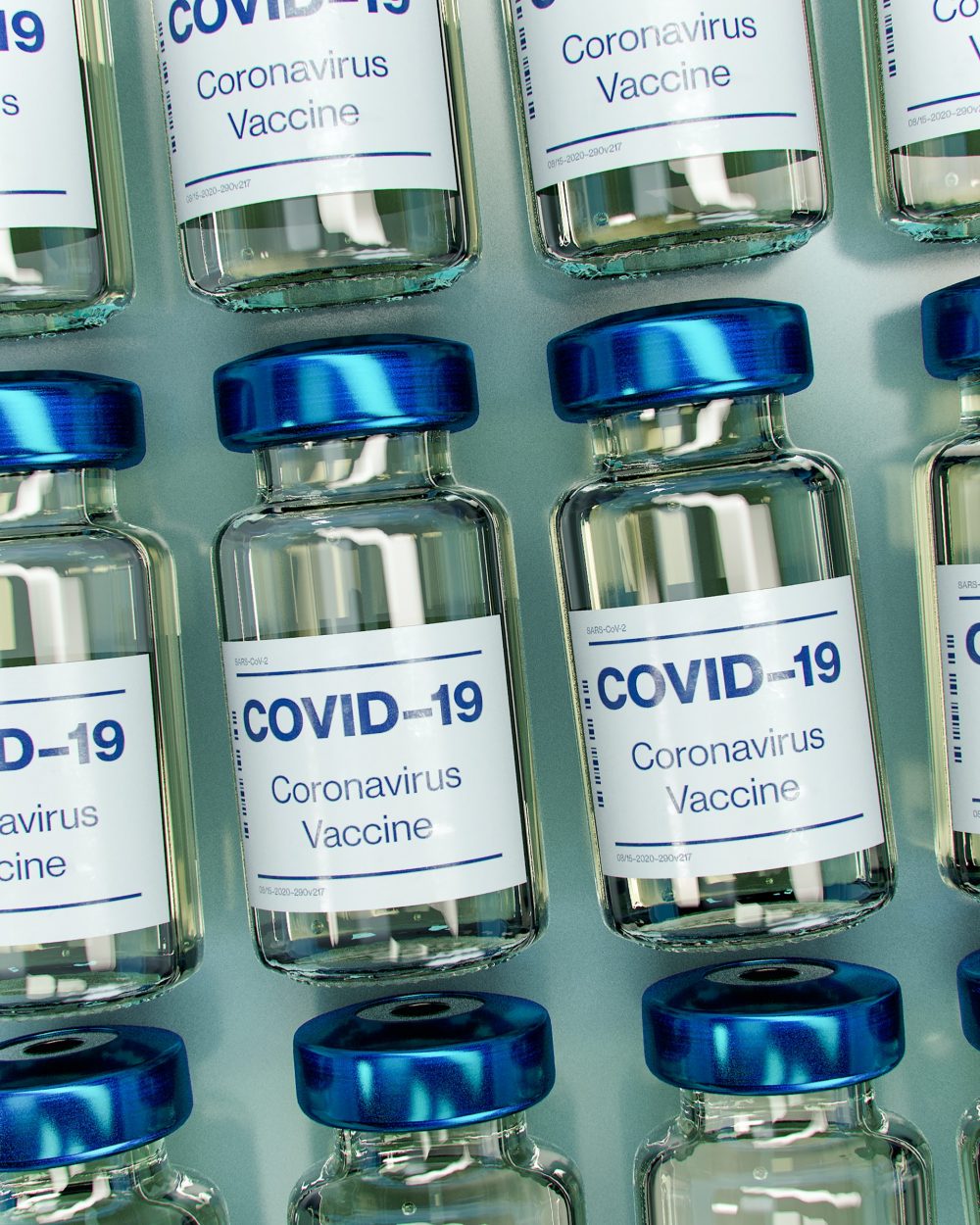RESEARCH published has claimed that French and American citizens are the most hesitant to get the coronavirus vaccine.
A study looking into public attitudes towards the coronavirus vaccines has raised questions about the continued challenge for governments to promote vaccine uptake.
The findings have revealed that majorities in both the Netherlands and Britain are likely to get the vaccine as well as looking at attitudes towards the vaccines in France, Italy, Germany and India as well.

Germany, Great Britain and the United States of America between 13 – 26 January 2021.
The research conducted by Kantar reveals that 37% of French citizens would definitely or probably not have a Covid vaccine if one were available to them , over twice the level in Great Britain with 14% saying they would not take the vaccine.
The research claims that 26% of people in the US and 23% of people in Germany say they definitely or probably would not have a vaccine
With the findings further adding that 82% of people in India, 80% of people in Italy and 76% of people in both the Netherlands and GB say they would definitely or probably have a Covid vaccine
A majority of 61% of citizens in Britain are somewhat satisfied with their government’s organisation of the vaccination campaign, compared to 44% in Germany and only 31% in France
In India 44% of people consider their government to be a reliable source of information on vaccines, compared to 30% respectively in the Netherlands and Britain.
Just 11% of US citizens and 13% of French citizens are said to say their government is a reliable source of information on vaccines.
The study also claims that 74% of men definitely or probably would be vaccinated compared to 67% of women across all countries.
The gap between men and women in stated likelihood to be vaccinated is widest in the US and Germany.
In the US, 69% of men say they definitely or probably would, compared to 55% of women.
In comparison in Germany, 72% of men say they definitely or probably would be vaccinated compared to 63% of women.
Vaccine hesitancy is highest in younger age groups, with 52% French 25-34-year-olds and 32% Dutch 25–olds indicating that they would likely not be vaccinated.
Commenting on the research, Emmanuel Rivière, Director of International Polling and Political Advisory for Kantar Public, said: “The scale of the communications challenge facing governments hoping to improve vaccine acceptance is revealed in this study.
“Vaccine hesitancy remains for large minorities in France, Germany and the US, where citizens can be twice or three times as likely to trust their family doctor as they are their government.
“As policymakers consider how best to improve vaccine take-up in the coming months, it will be important to note that health authorities are still considered the most authoritative sources of reliable information on Covid vaccines, some four times higher than social media.”